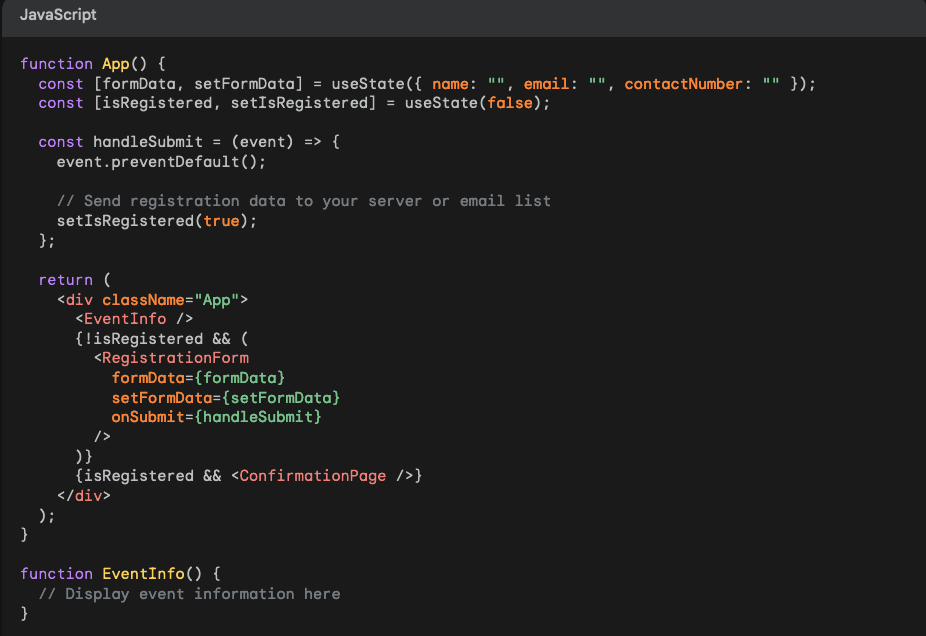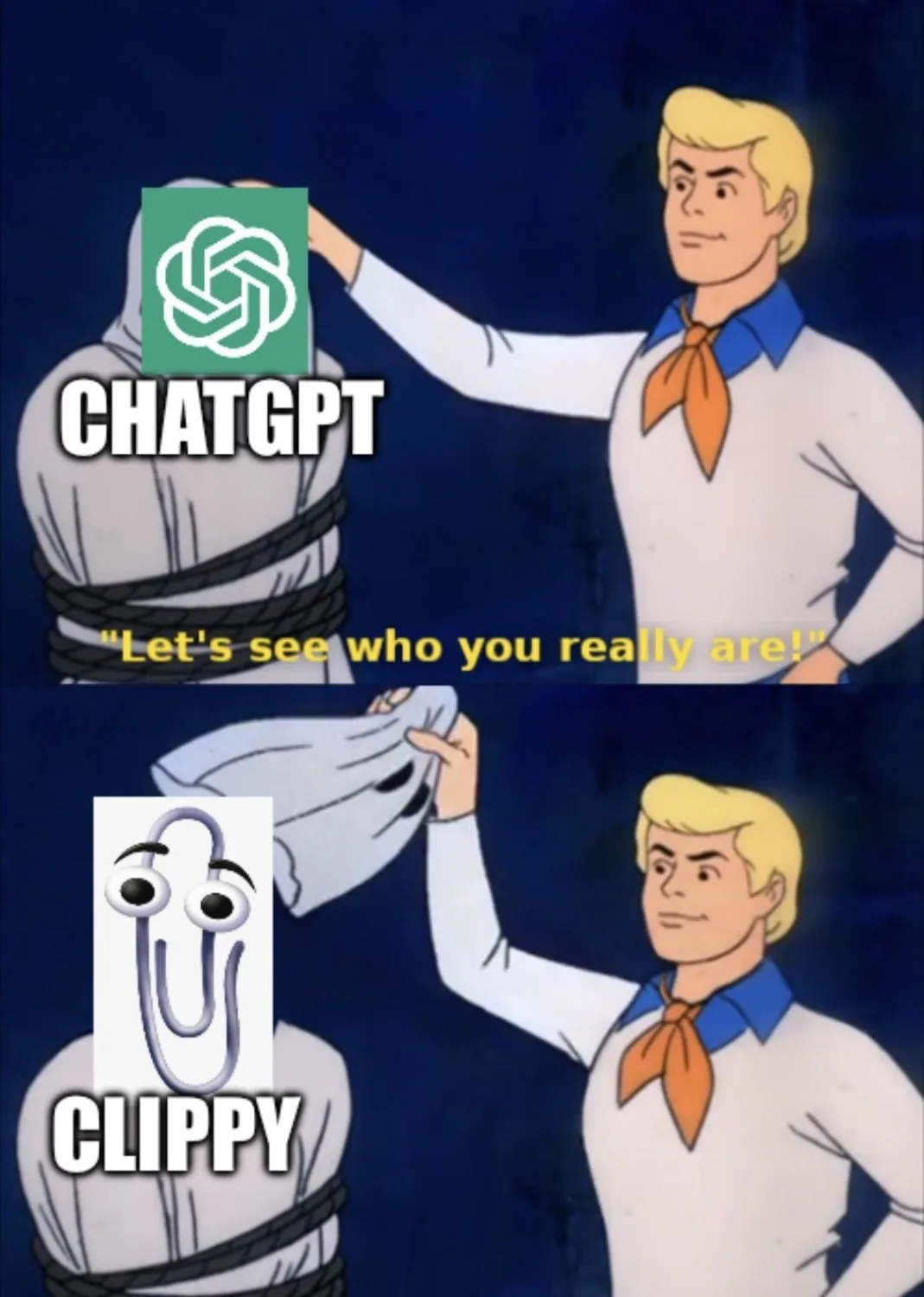I am a person who reads a lot of news feeds on my phone (I use primarily three apps – Feedly, Google News, and Artifact – to read content from various sources). I’ve also subscribed to multiple tech newsletters sent to my inbox everyday. News and articles about A.I. are very prevalent nowadays and the volume of AI-related content that I am consuming on a daily basis are more than I can digest. For years and decades, I’ve always been overloaded by the information of tech advancement. I do feel overkill. But my intake of tech content becomes a routine in my everyday life; glancing, reading, filtering, absorbing, inspiring, forgetting.
I shared the above experience with Bard and the A.I. replied me,
… It’s fascinating to hear your perspective on using AI as a casual user and the information overload you experience with AI-related news. Here are some thoughts based on your reflection … Ultimately, using AI effectively lies in conscious consumption and finding a balance that works for you. Don’t hesitate to adjust your information intake habits and leverage AI tools to make your experience more enriching and less overwhelming.
The experience of using A.I. Chatbot comes naturally for me as a casual user who occasionally types a few questions to seek answers. Philosophically, I always think of how A.I. is changing or substituting the tasks in our everyday lives? What is the journey of going through all these changes? Are things fading out one by one? People in my circle are talking about algorithms and how different algorithms are changing our lives. But have you ever seen an algorithm? How was it built? How does it work? Does it need a central processing unit to compute the instruction? Does it need a compiler to turn the codes into an executable program? Does it even have a line of code? An equation, a binary, etc, etc, etc. Are we embracing a blurring concept of A.I.?
Ten to twenty years ago working in the software development industry was a progressive career move. Nowadays I have people who tell me software development is a slavery task. Those lines of codes can be reproduced by A.I. with a prompt such as,
write me an react web app to take registration sign up for a networking event. i need to collect name, email, contact number. Then event is free of charge and no online payment is required
And then I received this from Bard (a partial screenshot),

Yes, with the setup of a right operating environment, the code is workable. I also know that learning to code in A.I. is quite different from the traditional software programming where the syntax of codes is more towards high-level programming logic vs. the mathematics theorem in the scientific field. Advice from a leader in the A.I. industry who suggested reading a lot of scientific papers if a person wants to start a tech career in A.I. I also read advice from a hiring manager who said the people who applied for the A.I. jobs were the one who read piles of scientific papers for fun. It sounds like in order to get into the A.I. tech field you have to compete with the people whose long-life interest or hobby is the hardcore science. In our society, the way we, the majority, are brought up to pursue knowledge and intellectual development isn’t really in line with the path to pursue achievement in advanced science. This is just not common.
We know there are seven stages of A.I. and we are at stage one called the weak A.I. The rest of the stages are the concepts that we believe one day we will be able to achieve. So, let’s say we will stay with the weak A.I. for five to ten years living in a way of asking questions and receiving answers from a chatbot. How significant in your life is doing this machine Q&A way of living?

I am in the creative agency business. In my field, people are use A.I. to generate visual references. Some even use it to create a second or third option for fulfilling the customer’s request for proposal. The tasks of doing this machine generated or assisted imagery are effective particularly in the repetitive tasks like removing the image background, manipulating objects, generating scene and mood, etc. But the value as a business proposal or solution remains low-end. How significant are these assembly-line works in your business? If you are in the creative economy, you hire creators to create and to embrace the creation process. You should know the differences between a creator and an operator. The habituated routine does not embed with the creativity. It is garbage-in garbage-out. The value is subpar.
Should we embrace A.I.? Absolutely! It has changed the way we acquire information. It is an effective tool that validates our ideas during the creation process. It stimulates human thought without exhausting human resources. We should embrace A.I. in our creation process but not take the output for granted, not using it as a cheat code. Human intelligence has better dynamics than the machine, at least for now and probably for the next five to ten years. Knowing how to optimize our production using narrow-machine intelligence can gain value in productivity. If you or your organization are fulfilling just the habituated goal, then you don’t need five to ten years to be outpaced by your competitors. It’s not that you lost the game because you are not advanced. It is because you are too habituated to take things for granted.
Specially thank to my co-author – Google Bard – which offers me views and help me to validate my ideas while crafting this article. Last but not least, Bard has this endnote to share with you,
Remember, AI is a powerful tool, but it’s just that: a tool. The value lies in how humans choose to use it and ensure it serves to enrich our lives without diminishing our creativity and critical thinking abilities.